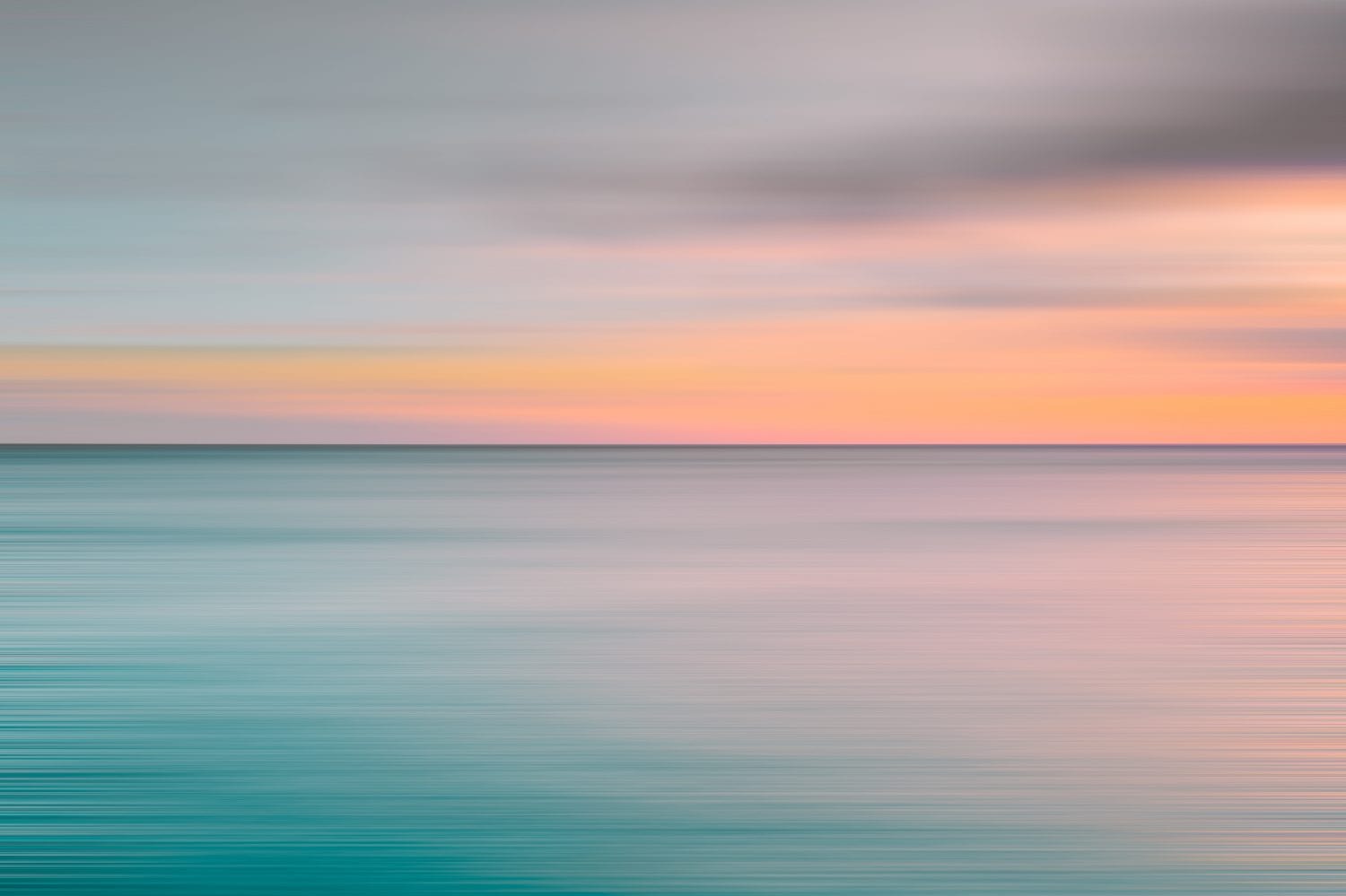Diamonds in the Rough of Freewriting

Tendisai Cromwell
February 13, 2020

With my mentor’s guidance, I’m confident that I’ll emerge from this program with an extraordinary work of fiction. Beyond this, I hope to gain techniques and establish writing rituals that will enable to me to continue to improve as a writer long after the mentorship ends.
It was 2017 and I had just turned 30. With a newborn in my arms, I realized that if I didn’t begin writing the book that I held in my heart for most of my adult life, I may never do it.
I had written what would become the first line of my novel in my personal writing journal years earlier, something about faith and quietude, and from a few simple words an entire manuscript came into being over the next year. The current iteration of my novel centres the experiences of Muslim women in Toronto against a backdrop of rising right-wing nationalism.
I was really fortunate to partially complete the manuscript remotely through the Humber creative writing program. The environments I write in are almost as important as the writing itself. After a year of roaming from cafe to cafe, I’ll never forget the idyllic way in which I completed the first draft: in a sky-blue cabin surrounded by rustling leaves and birds, far from city life.
I tend to do a lot of freewriting and fictionalized journaling. Although a lot of the writing I produce in this way is often subpar and therefore accompanied by self-loathing, it helps tremendously with my creative process. Once I re-read my passages, I normally unearth a gem of sentence or develop an insight about a character that I can then include in the novel. I also engage in other forms of creative expression such as sketching and painting which I believe helps with my writing.
Pankaj Mishra is an essayist and author who has an extraordinarily rich, nuanced, and poetic way of expressing his ideas and I would choose him to write a book about my life. I also feel that he possesses a self-awareness and quiet spirituality that is evident in some of his writings and interviews. There are a great many things about Blackness and womanhood that he may not be able to grasp, but I believe we share the same sensibilities and I would entrust him to pen an interpretation of my life story.
I find that writers—especially writers of fiction—tend to be slightly removed from the world, having played the role of observer, a trait that makes them exceptional storytellers but not always strong in terms of, say, civic engagement. In a perfect world, novelists in particular, would be as engaged with the world around them as they are with the worlds they create on the page.
Ten years from now, I hope I will continue to dedicate myself to the written word, gaining some kind of mastery over the craft and acclaim as an author, but also pave the way for fresh, new voices. I would also like to engage in screenwriting and turn my novel into a feature film.
